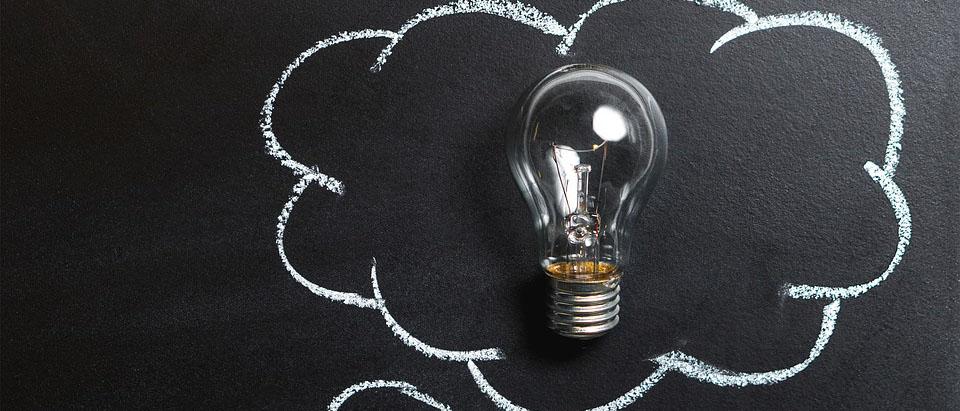“Master at least three languages: one of humans, one of animals, and one of the arts.” – Grandma
It’s been over a decade now and many of my memories with her have started to fade, but that line of hers has been particularly etched on my mind. She taught me how to tell the time by looking at the hands of the clock. She taught me to see kindness as a sign of strength. Above all, she taught me the three language lesson.
“Master one human language. You shouldn’t be limited by vocabulary to be able to express yourself,” she would say. “How do I do that?” I’d ask. “Read! Keep reading!” So I read. I read science fiction, and when I got stuck on some scientific concepts, I had them clarified. I gorged on the works of celebrated writers and found myself being teleported to various eras and places. I browsed through the blogs of travelers and learned about distant cultures and places, and found surprising similarities and shocking differences between them and my own ways. The line between “me” and “them” started fading away, and the walls around my garden of “us” started crumbling. English, along with my native tongue, became an additional window to the world around me.
“Learn to communicate with an animal, they’re beautiful people to talk to.” Much to biology’s dismay, Grandma taught me that animals are people. They love, they hate, they care, they have personality. I grew up making close friends among the feral cats and dogs around my house in India. My personal favorite was a female spotted cat who would occasionally bring me dead mice and sparrows. Sure, those were some awkward date moments, but nevertheless I appreciated the thought she put into it. In my feral friends, I found the honesty and simplicity of character that became a personal goal for my own self. The biggest takeaway for me is that once you see animals for the amazing people they are, it gets rather impossible to dehumanize any humans at all.
“Learn an art form; it will help you speak better.” I never really understood this one as a kid, but with adolescence comes the need to rebel, the need to search for a meaning to life. With adolescence comes the need to express love and rage. A gesture can mean more than a thousand words, a painter’s stroke can move people into silence, and a musician’s note can bring tears across our eyes. I discovered the world of music through her, and it unlocked a universe of emotions inside me, and ways to express feelings which would otherwise have remained suppressed forever. Music connects with our subconscious, and connects with people or places we’ve never been to. Music, like a smile, overcomes temporal divides of thousands of years and reminds us of the common bonds we share. Music earned me an American brother at Michigan Tech, who earnestly bought an amazing beginners guide for me so that I could learn the western flute, and he refused monetary compensation for it. “From one musician to another,” he said.
Our fast-changing world with our nuclear family lifestyle is leaving little room for us to spend time and learn a thing or two from the elderly, and often the insights they share seem too outdated to be applicable today. My grandma gave me a challenge that enriched my life, and this is a legacy that I shall proudly pass on. I guess if we’re willing to slow down once a while and spend some time with them, we can all learn some valuable lessons from our old folks!





